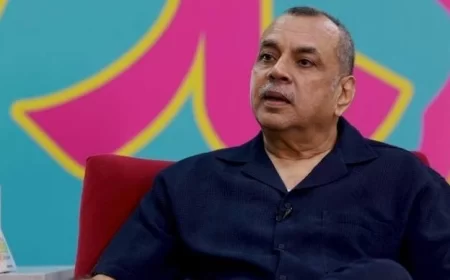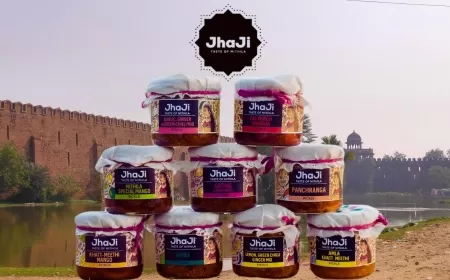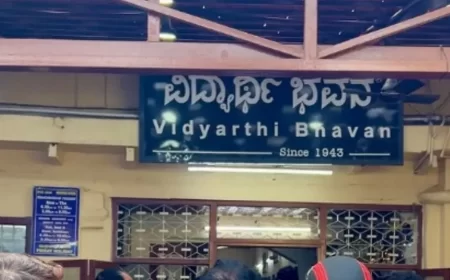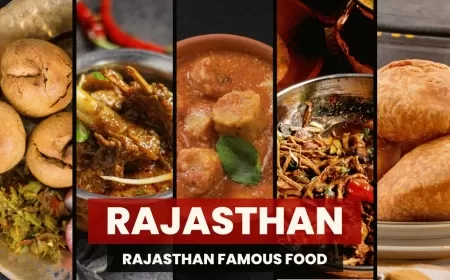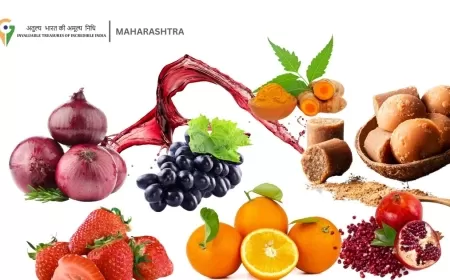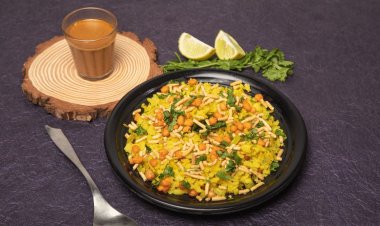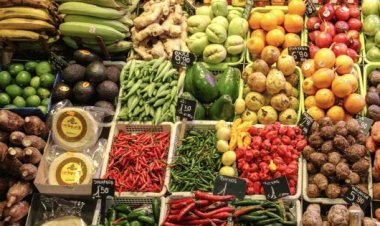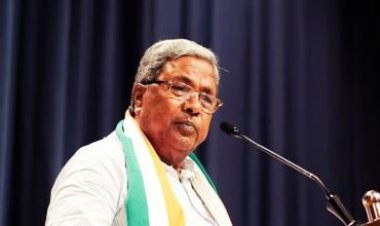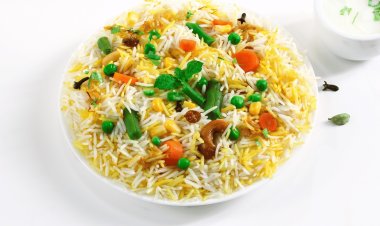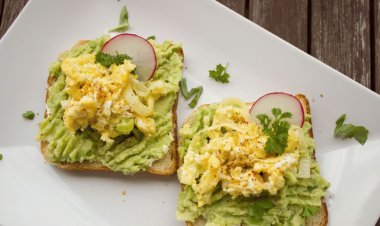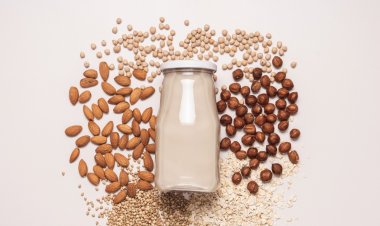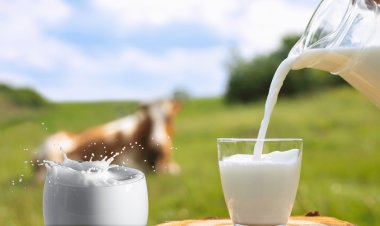G20 Leaders' Pledge: Strengthening Global Food Security and Eradicating Hunger
Global leaders at the G20 Summit unite to combat hunger and malnutrition. Read about their commitment to sustainable agriculture, climate-resilient crops, and food security.

In a significant move, leaders from the world's major economies gathered under the banner of the G20 in New Delhi and pledged their commitment to combat global hunger and malnutrition, as laid out in the New Delhi Leaders’ Declaration. This commitment is in alignment with the 2023 G20 Deccan High-Level Principles on Food Security and Nutrition, emphasizing the urgency of addressing these pressing global issues.
The declaration underscores the need to intensify research collaboration in the development of climate-resilient and nutritious crops, such as millets, quinoa, and sorghum, while also recognizing the importance of traditional staples like rice, wheat, and maize. This declaration follows the successful 12th G20 Meeting of Agriculture Chief Scientists (MACS).
In addition to these efforts, the G20 leaders identified key areas for immediate action. These include enhancing access to and efficient use of fertilizers, strengthening local fertilizer production, and focusing on soil health as integral components of sustainable agriculture.
Central to the leaders' commitment is the promotion of innovations and investments aimed at increasing agricultural productivity, reducing food wastage, and fostering sustainable and climate-friendly food systems. The G20 leaders have also expressed their unwavering support for developing nations in achieving their food security objectives and ensuring the fundamental right to adequate food for all.
Furthermore, the leaders have pledged to assist developing countries in addressing their food security challenges and building their capacity to provide affordable, safe, nutritious, and healthy diets, ultimately working towards the progressive realization of the right to adequate food.
According to the declaration, the G20 will facilitate open, fair, predictable, and rules-based agriculture, food, and fertilizer trade. They have committed to refraining from imposing export prohibitions or restrictions and reducing market distortions, all in accordance with relevant WTO rules.
The leaders have also agreed to bolster the Agricultural Market Information System (AMIS) and the Group on Earth Observations Global Agricultural Monitoring (GEOGLAM) to enhance transparency and mitigate food price volatility. They are supporting AMIS's work on fertilizers, expanding its scope to include vegetable oils, and strengthening collaboration with early warning systems.
While global food and energy prices have decreased from their peak levels, the potential for high levels of volatility in these markets remains due to uncertainties in the global economy. The leaders acknowledged the G20 Report on Macroeconomic Impacts of Food and Energy Insecurity and their Implications for the Global Economy and anticipate a robust replenishment of the International Fund for Agricultural Development (IFAD) resources at the end of the year by IFAD members to support the fight against food insecurity.
What's Your Reaction?
 Like
0
Like
0
 Dislike
0
Dislike
0
 Love
0
Love
0
 Funny
0
Funny
0
 Angry
0
Angry
0
 Sad
0
Sad
0
 Wow
0
Wow
0



